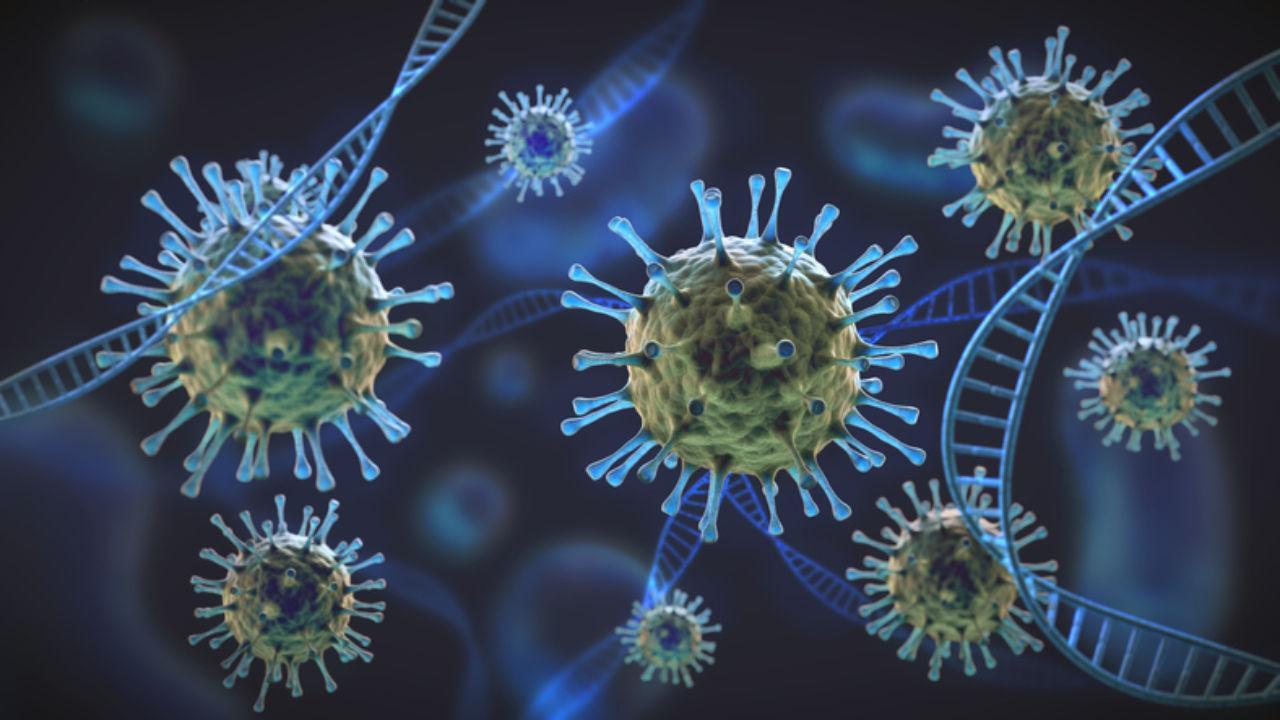Home / News / World News / Article /
Covid-19: AI-based X-rays with 98 per cent accuracy may replace PCR tests
Updated On: 20 January, 2022 03:26 PM IST | London | IANS
The technology developed by experts at the University of the West of Scotland (UWS), is capable of accurately diagnosing Covid-19 in just a few minutes -- far more quickly than a PCR test, which typically takes around 2 hours -- and with 98 per cent accuracy

This picture has been used for representational purpose
Scottish researchers have developed new Artificial Intelligence (AI) technology-based X-rays that can likely replace currently used PCR tests for detecting Covid-19 infections.
The technology developed by experts at the University of the West of Scotland (UWS), is capable of accurately diagnosing Covid-19 in just a few minutes -- far more quickly than a PCR test, which typically takes around 2 hours -- and with 98 per cent accuracy.



